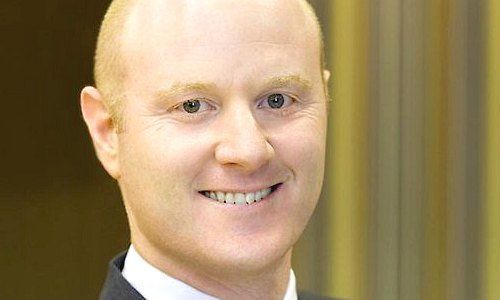Embattled CEO Seeks to Get in Front of Laundering Probe
The head of Australia's largest bank sought to get in front of a money-laundering probe, admitting mistakes while defending his leadership.
Commonwealth Bank of Australia's stock dropped sharply on Friday head after it emerged that the Sydney-based bank failed to report breaches of money-laundering and terror financing laws.
On Sunday, CBA's Chief Executive Ian Narev struck a humble tone in an interview with «AFR» (behind paywall).
«I've made my share of mistakes, and maybe even more, during that time,» Narev was quoted by the Australian newspaper.
Software Snafu
However, he said that a software snafu was ultimately to blame for failing to tell Australia's financial regulator about an astonishing 53,000 cash deposits which should have triggered a warning.
«The Age» also reported that the bank is set to blame a software update for triggering an «error» in its reporting system that was not detected for more than two years.
The interview and the «Age» piece indicate that CBA's press department spent the weekend running interference ahead of a key week for the bank – and Narev.
Politically Charged
CBA reports the quarter on Wednesday, but the probe will clearly overshadow the bank's operating performance.
Narev has to deal with an increasingly political fallout from the probe, after a key opposition politician called for Australian leader Malcolm Turnbull to set up a commission into how CBA's violations escaped detection for so long.
Turnbull has given little indication that he intends to do so thus far.
CEO's Future at Risk?
At CBA, the bank's board meets on Monday to sign off on its results report – as well as to discuss Narev's future, the CEO tacitly admitted to AFR.
«If ever it was in the best interests of the bank for me not to be the chief executive, I would hopefully realise that, and if others had to tell me I totally respect that,» he told the paper.
CBA will take the position that the it only violated money-laundering time one time, but that the software error in intelligent deposit machines which took the cash amplified that breach many times over, he indicated.
Flawed Culture?
Australian Transaction Reports and Analysis Centre (AUSTRAC) charges that CBA failed to report suspicious deposits in time or at all and didn't monitor suspected money-laundering transactions after the bank detected them.
Narev said that surveillance algorithms would never be perfect, but that he was convinced CBA's culture isn't to blame for the lapse.



























